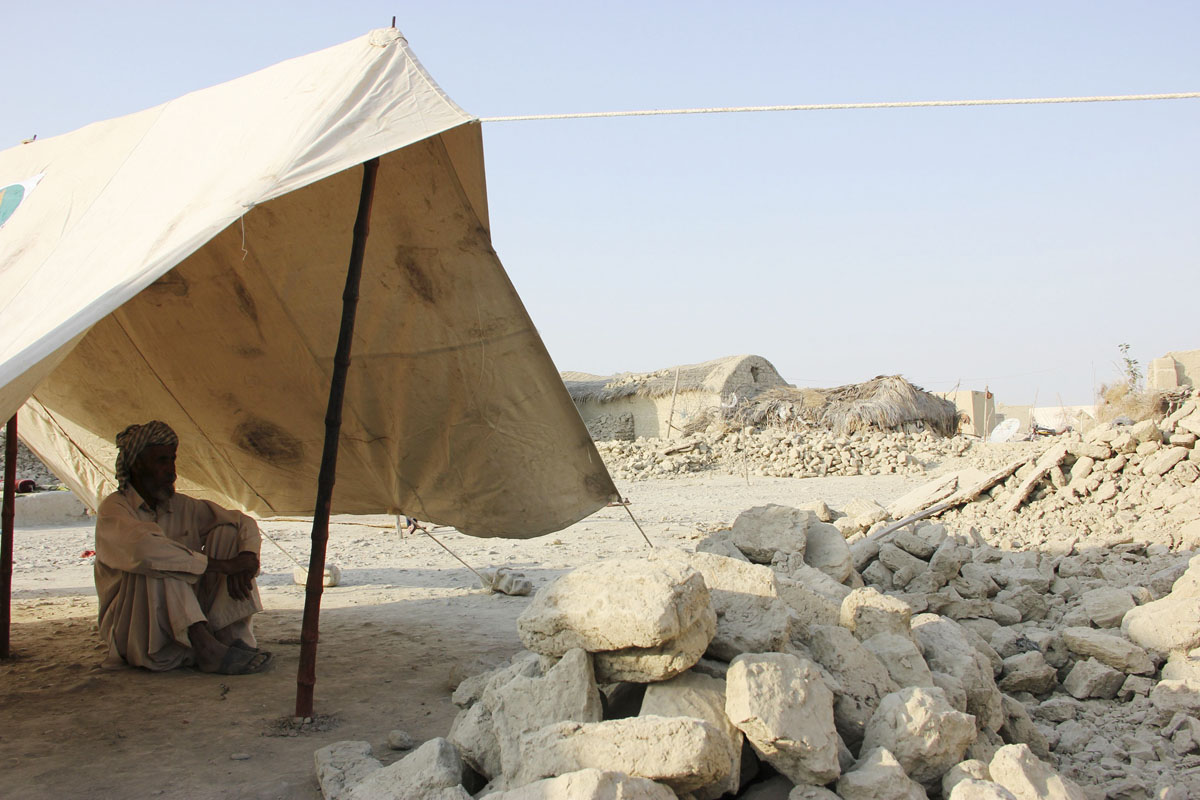
There is no shortage of agencies that are able to provide quick and relevant aid and relief– but there is a poverty of security that makes aid delivery exceptionally difficult, particularly for international agencies that may have foreign nationals on their field teams. This makes the call for the relief operation to be handled by private or international organisations almost an irrelevance and displays an ignorance of how emergency disaster relief is delivered and managed. It requires detailed interagency planning, logistical meshing and safe corridors for delivery. All are currently absent in the context of the disaster in Balochistan. It may be possible to establish these necessary protocols, but that would be dependent on rebel groups — and there are more than one — calling a ceasefire for the duration of the operation. This is now a matter of the utmost urgency and all sides must bury their differences because many more will suffer and die if they do not.
Published in The Express Tribune, September 29th, 2013.
Like Opinion & Editorial on Facebook, follow @ETOpEd on Twitter to receive all updates on all our daily pieces.

1722586547-0/Untitled-design-(73)1722586547-0-165x106.webp)


1732326457-0/prime-(1)1732326457-0-165x106.webp)







COMMENTS
Comments are moderated and generally will be posted if they are on-topic and not abusive.
For more information, please see our Comments FAQ